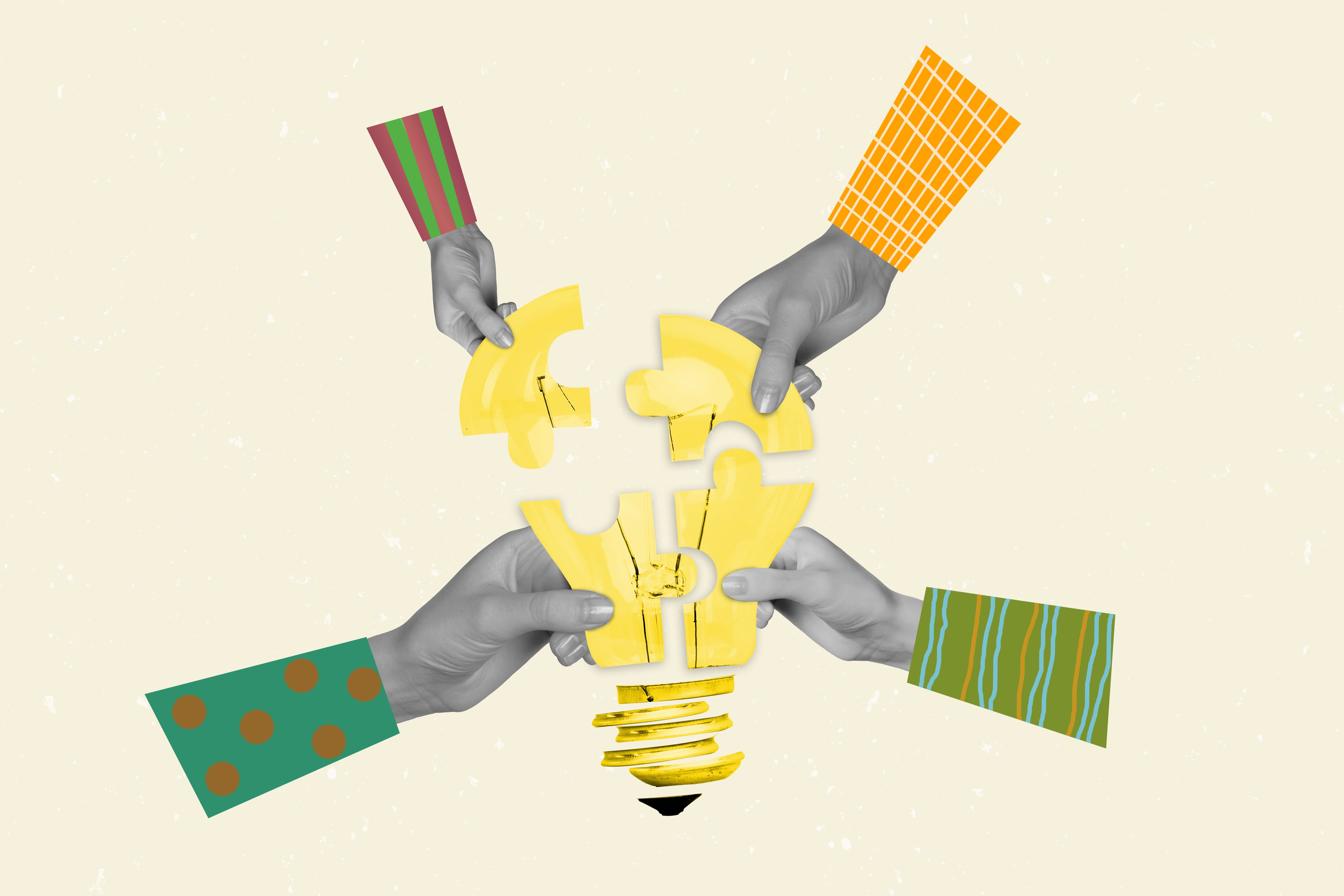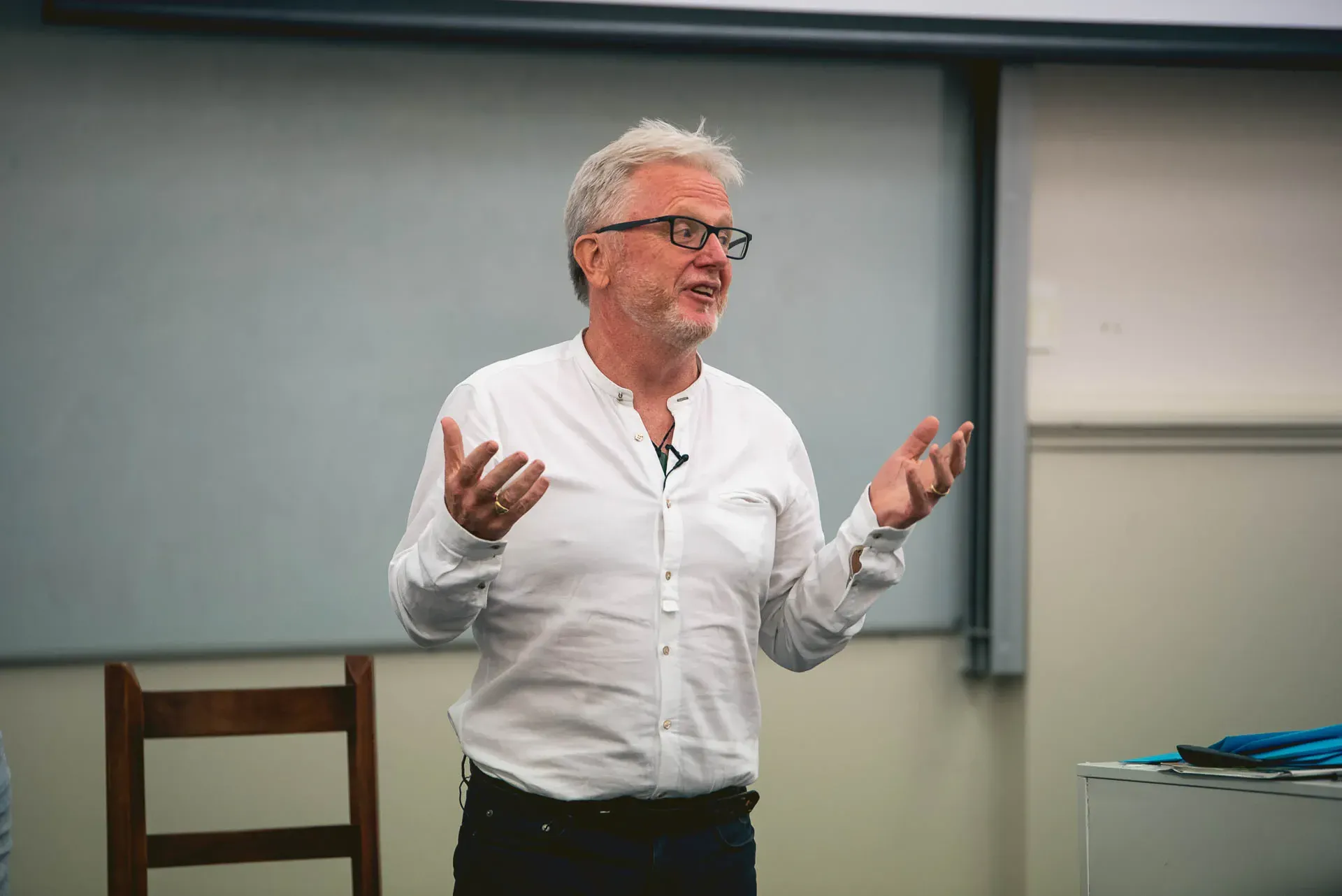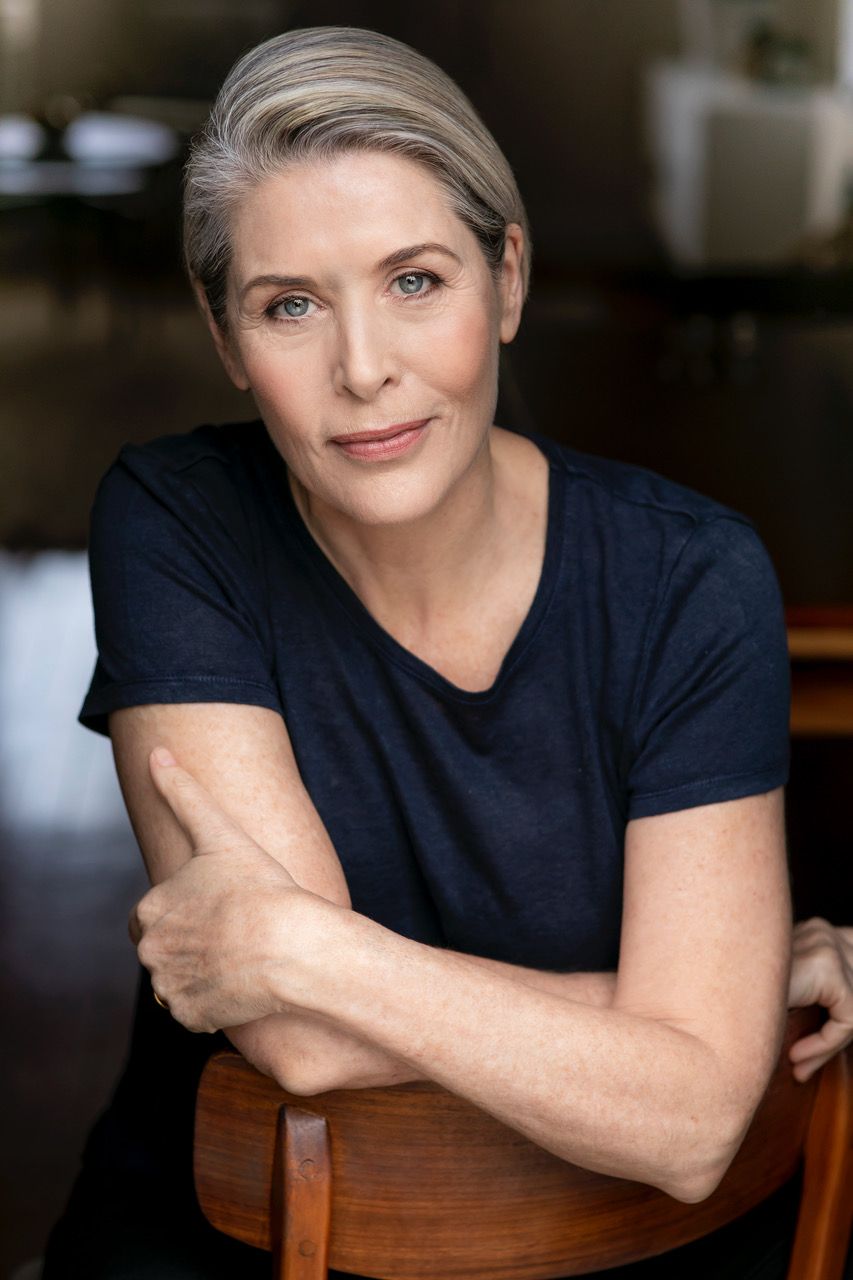Open Letter - "To Lose Culture Is To Risk Losing Heart And Spirit"
Written by

An email circulated among some arts circles last week - raising some important issues. Such conversations are not uncommon, but the collective eager to bring these conversations to the forefront is an eye-catching one.
The combined experience of the group is impressive - the signatories on the email are regular advocates for creatives and the creative community: Judy Darragh, Sir Roger Hall, Jennifer Ward-Lealand, Eve de Castro-Robinson, John Daly-Peoples, Professor Peter O'Connor and Roger Horrocks.
This open letter is published with permission.
Kia ora tātou,
To everyone involved in the arts
Everyone associated with the arts knows that the situation for artists in Aotearoa New Zealand has many problems. A national election is coming up on October 14 this year. This is a vital opportunity for the arts community to ask all the political parties to address some key concerns of our sector.
The arts are a positive and enriching part of our way-of-life – but how best to support those involved?
During the last election, our political parties paid almost no attention to arts policy. It is a topic that tends to arouse worthy sentiments but few realistic plans. For this election, we should demand that parties offer practical proposals.
We are a small, informal group of people involved in the arts. We are engaged in questioning politicians. We know that some other groups – perhaps your own – has been doing similar lobbying.
We hope you’ll agree that we all need to step up our activity this year if we are to make any impact, to contact politicians and seek media coverage. And it will be helpful for lobbying groups to keep in touch as the election approaches.
Our group is not aligned with any particular party. The result of our own research to date is that a few issues keep cropping up.

We are interested to know whether you also see them as priorities or have other suggestions. The arts community will obviously be a more effective lobby if it can act in a collective way. But even if people do not agree with some of these points, we hope that everyone will be active on the arts issues of concern to themselves.
• New Zealand’s political parties do not clearly have a long-term (future-oriented) policy for strengthening our arts culture, and we want to hear one. (Other countries have been moving ahead of us on this issue.)
• For artists, the key issue is how financially to sustain a career in a country which poses special problems because it is small and marginal. Financial surveys of artists show that our artists earn on average very much less than the median annual income. Arts-related organisations and other parts of the infrastructure are also struggling to survive and grow. Is public funding adequate, and is it being distributed most effectively?
• There is strong feeling in the community that our arts and cultural funding bodies are not working well and need to be reviewed. Their priorities have been shaken up by financial pressures, by the pandemic, by support for diversity, by the rush to go digital, and by the inability to handle the number of applications. How should those issues be balanced against their legislative requirements to uphold artistic excellence and professionalism? The need for a review is highlighted by the many recent public controversies over CNZ and MCH decisions. Artists are also critical of time-consuming and bureaucratic application processes. Do any other countries have better models of art funding?
• The arts have been down-sized at all levels of education. With political support, there has been a shift of emphasis to “STEM” subjects (Science, Technology, Engineering, Mathematics). How can we add the Arts to those priorities (“STEAM” rather than “STEM”)? The current cutback is going to do long-term damage to the arts, in relation to both practitioners and audiences.
• Our national media fail to cover or promote the arts. TVNZ and Radio NZ appear to have no dedicated arts reporters. Arts coverage is minimal in contrast to the extent of its sports coverage. More generally, there are questions still unanswered over the future of Radio NZ (National and Concert) and TVNZ, now that plans for the merger have been dropped.
• Why does Te Papa continue to receive such a large percentage of public arts funding? As a core function, our National Gallery run by Te Papa should be presenting a larger display of New Zealand art for visitors.
• Could our tax system become more supportive of the arts?

This year has also seen local crises, such as the proposal by Mayor Wayne Brown to slash arts funding across the Auckland region in the 2023-24 Annual Budget. Aucklanders can lodge an objection until March 28.
Of course, our society does have other urgent needs such as its health system and cyclone damage (and some artists have had personal experience of those problems).
But that does not lessen the importance of the arts. They have always been a source of strength in troubled times. For a community to lose its culture is to risk losing its heart and spirit.
If you agree that some communal lobbying is a good idea, please keep in touch. Comments on this list of priorities are very welcome. We hope you will also talk with friends or members of your groups about the value over the coming months of raising arts-related issues with politicians and within any media, public forum, or on-line network. (If you are already doing all this, please forgive our letter for stressing the obvious!)
Roger Horrocks is acting as our contact person - r.horrocks@xtra.co.nz